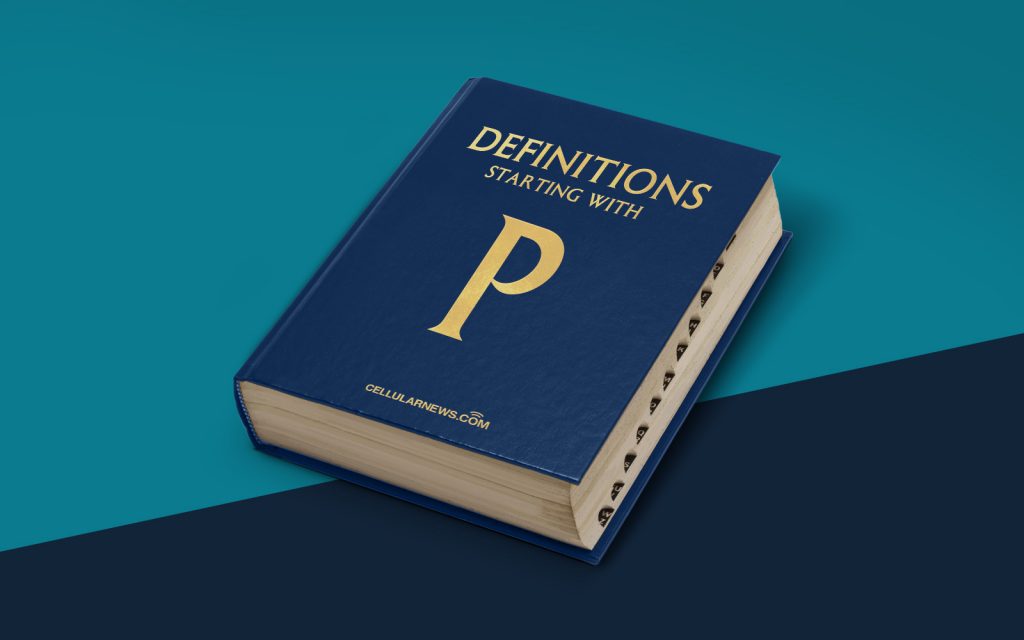
What is Paywall? A Definitive Guide
Welcome to the “Definitions” category of our blog, where we aim to provide clear and concise explanations of various terms and concepts in the online world. In this blog post, we will delve into the definition and significance of paywalls – a concept that is becoming increasingly prevalent on the internet. If you have ever come across the term “paywall” and wondered what it means, you’re in the right place!
Key Takeaways:
- A paywall is a digital barrier implemented by website owners to restrict access to their content.
- Paywalls can take different forms, such as hard, soft, or metered paywalls, each with its own set of features and limitations.
So, what exactly is a paywall? In simple terms, a paywall is a digital barrier implemented by website owners to restrict access to their content. It limits the number of articles, videos, or resources that users can access for free, usually requiring them to subscribe or pay a certain fee to access the full range of content. Paywalls have gained popularity as a means for publishers to monetize their online offerings and ensure sustainable revenue streams.
Now, let’s take a closer look at the different types of paywalls:
- Hard Paywalls: Hard paywalls provide very limited or no access to any content without a subscription. Visitors to the website are often greeted with a message prompting them to subscribe before being able to access any articles or media.
- Soft Paywalls: Soft paywalls strike a balance between free and paid content. Visitors can usually access a certain number of articles or resources for free within a given time period before being prompted to subscribe for unlimited access.
- Metered Paywalls: Metered paywalls allow visitors to access a fixed number of articles or resources for free within a specified time frame, such as a monthly limit. Once the limit is reached, users are required to subscribe in order to continue consuming content.
It’s worth noting that paywalls can vary in terms of implementation and customization options. Some websites may offer different subscription tiers, with varying levels of access and perks for users. Additionally, paywalls can be bypassed in certain instances, such as when accessing content through referral links or search engine results.
So, why do websites implement paywalls? Simply put, it allows publishers to generate revenue from their content and sustain the production of high-quality journalism, research, or other valuable resources. By charging for access to their content, publishers can invest in creating more engaging and informative content for their readers.
Key Takeaways:
- A paywall is a digital barrier implemented by website owners to restrict access to their content.
- Paywalls can take different forms, such as hard, soft, or metered paywalls, each with its own set of features and limitations.
In conclusion, paywalls serve as a means for online publishers to monetize their content and ensure its sustainability. Whether it’s through hard, soft, or metered paywalls, website owners can strike a balance between offering free access to some content while also providing premium options for those who wish to support their work.
We hope this guide has provided you with a comprehensive understanding of paywalls and their significance in the online world. Stay tuned for more informative posts on our blog’s “Definitions” category!
